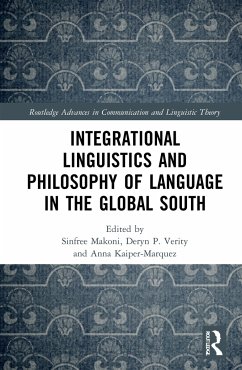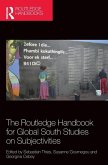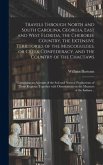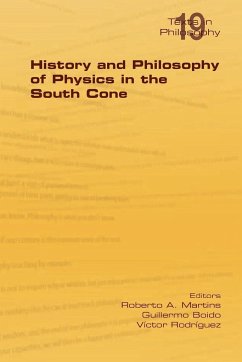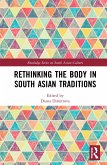Exploring the nature of possible relationships between Integrational Linguistics and Southern Epistemologies, this volume examines various ways in which Integrational Linguistics can be used to support the decolonizing interests of Southern Epistemologies, particularly the lay-oriented nature of Integrational Linguistics that Southern Epistemologies find productive as a 'positive counter-discourse.' As both an anti-elitist and antiestablishment way of thinking, these chapters consider how Integrational Linguistics can be consistent with the decolonial aspirations of Southern Epistemologies. They argue that the relationship between Southern Epistemologies and Integrational Linguistics is complicated by the fact that, while Integrational Linguistics is critical of what it calls a segregationist view of language, i.e., 'the language myth,' Southern Epistemologies in language policy and planning and minority language movements find the language myth helpful in order to facilitate social transformation. And yet, both Integrational Linguistics and Southern Epistemologies are critical of approaches to multilingualism that are founded on notions of 'named' languages. They are also both critical of linguistics as a decontextualized, and institutionalized extension of ordinary metalinguistic practices, which at times influence the prejudices, preconceptions and ideologies of dominant western cultures. This book will prove to be an essential resource for scholars and students not only within the field of integrational linguistics, but also in other language and communication fields, in particular the dialogic, distributed, and ecological-enactive approaches, wherein integrational linguistics has been subjected to scrutiny and criticism.
Bitte wählen Sie Ihr Anliegen aus.
Rechnungen
Retourenschein anfordern
Bestellstatus
Storno

